
Climate matters in 2023
From the new IPCC report to the 28th Climate Change Conference, there are plenty of important issues and events that climate activists should keep in mind in the year ahead.

Climate Facts and Tipping Points: Our Best Articles of 2022
Which facts are controversial, what are the tipping points and planetary limits, how can we brace ourselves against the consequences of climate change, and what options are available to extract climate-warming carbon dioxide back out of our atmosphere? These are just some of the questions we have addressed in the past months and that you can read about here.
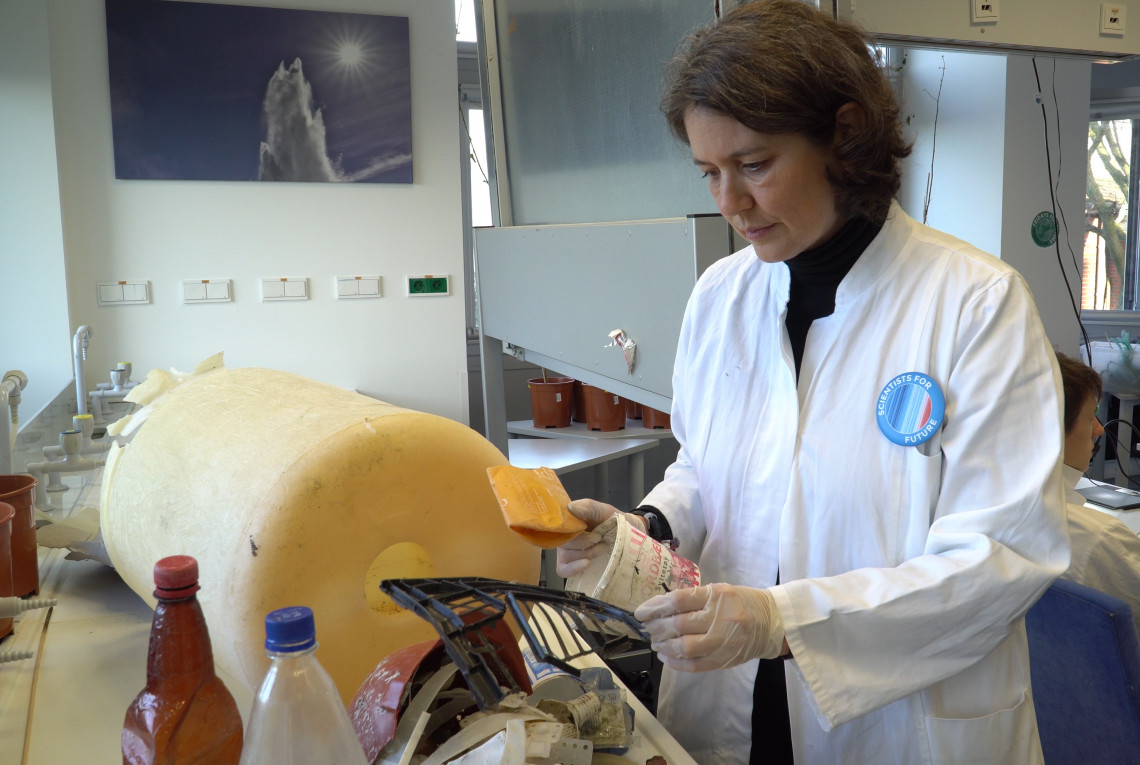
Why chemicals and plastics pose a risk to our future
Humanity has released and spread numerous new substances into the environment. Since they were rarely or never involved in evolutionary processes, organisms have not been able to develop strategies to cope with these xenobiotics. These foreign substances can be poisonous, persistent, highly mobile and can affect our health and the Earth system.
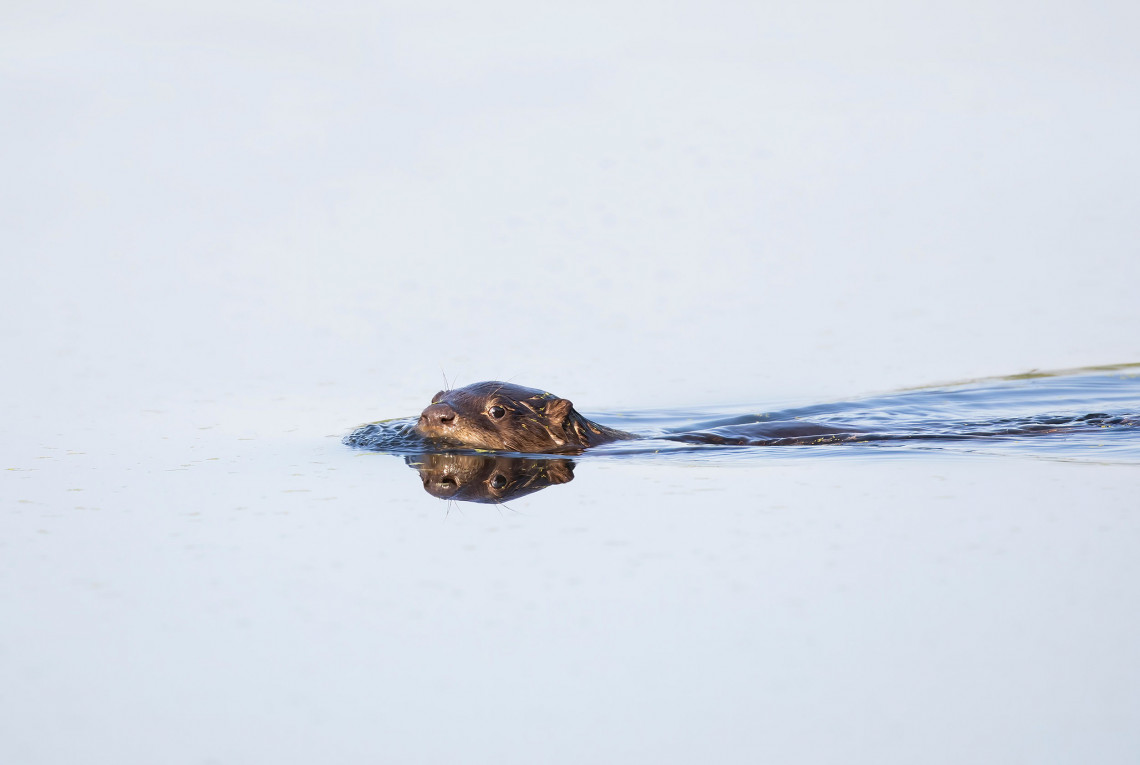
“Biodiversity is like insurance against extreme weather”
Josef Settele is an agrobiologist and professor of ecology at the Martin Luther University Halle-Wittenberg. At the Helmholtz Centre for Environmental Research in Halle, he investigates how change in climate and land use affect biodiversity, and how reduced biodiversity affects ecosystems and people.
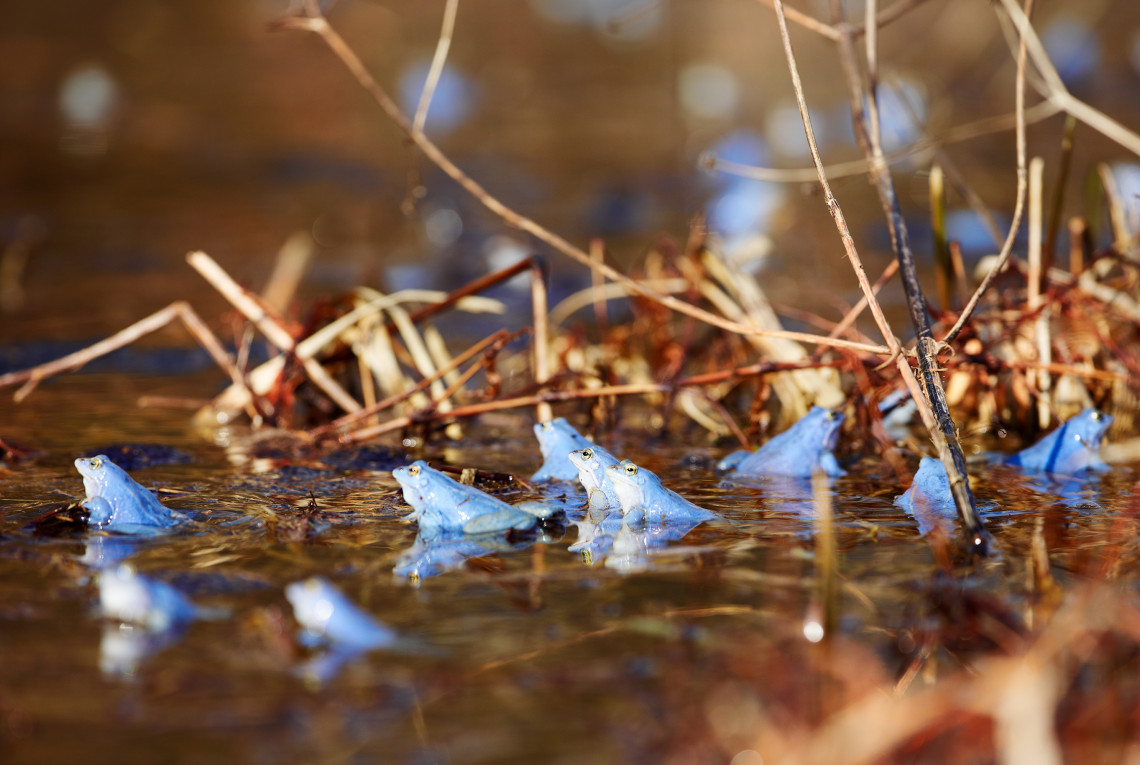
Biodiversity and the climate: We need more and bolder measures
From December 7-19, 2022, 196 nations will meet in Montreal to determine a new global biodiversity framework. At issue are wildlife conservation efforts, more areas for nature conservation and spending in the billions. Climate action also hangs on the balance of this agreement. What is needed now is political courage and commitment to binding measures.
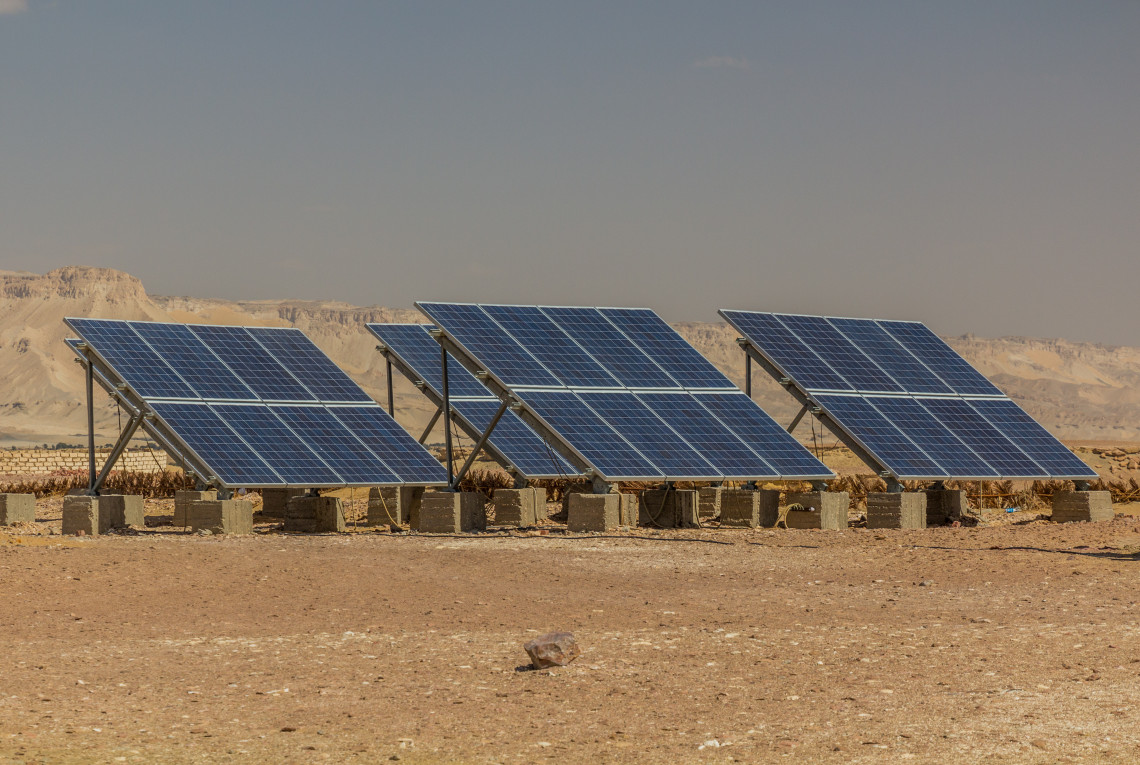
Tipping point less favorable to climate action
The results of the 27th UN Climate Change Conference (COP27) have been overwhelmingly criticized as weak and vague. That said, the negotiators did demand that the development banks mobilize greater amounts of money for climate action.
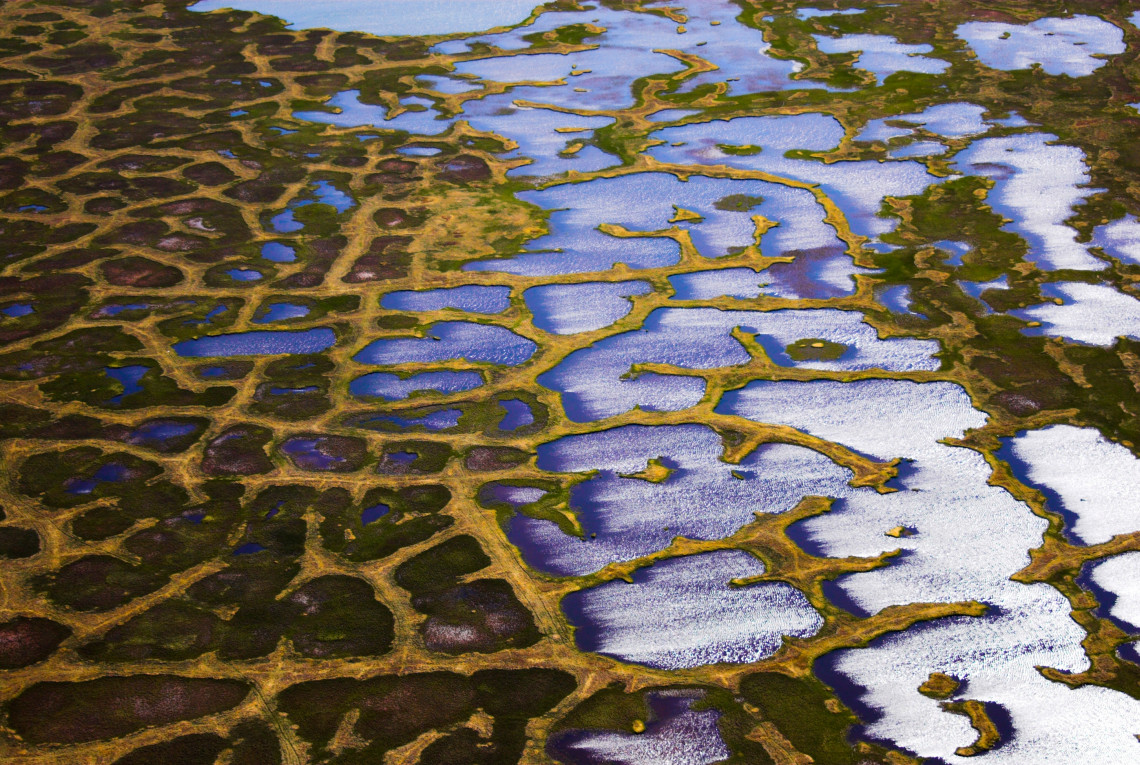
On the trail of thawing permafrost
As the climate warms, the frozen soils of the Arctic are thawing. Large amounts of methane and carbon dioxide are released, accelerating climate change. Locally, moreover, the land is subsiding, buildings are becoming unstable, and ecosystems and populations are at risk. Where exactly could permafrost disappear in the future, and where do people need to prepare?
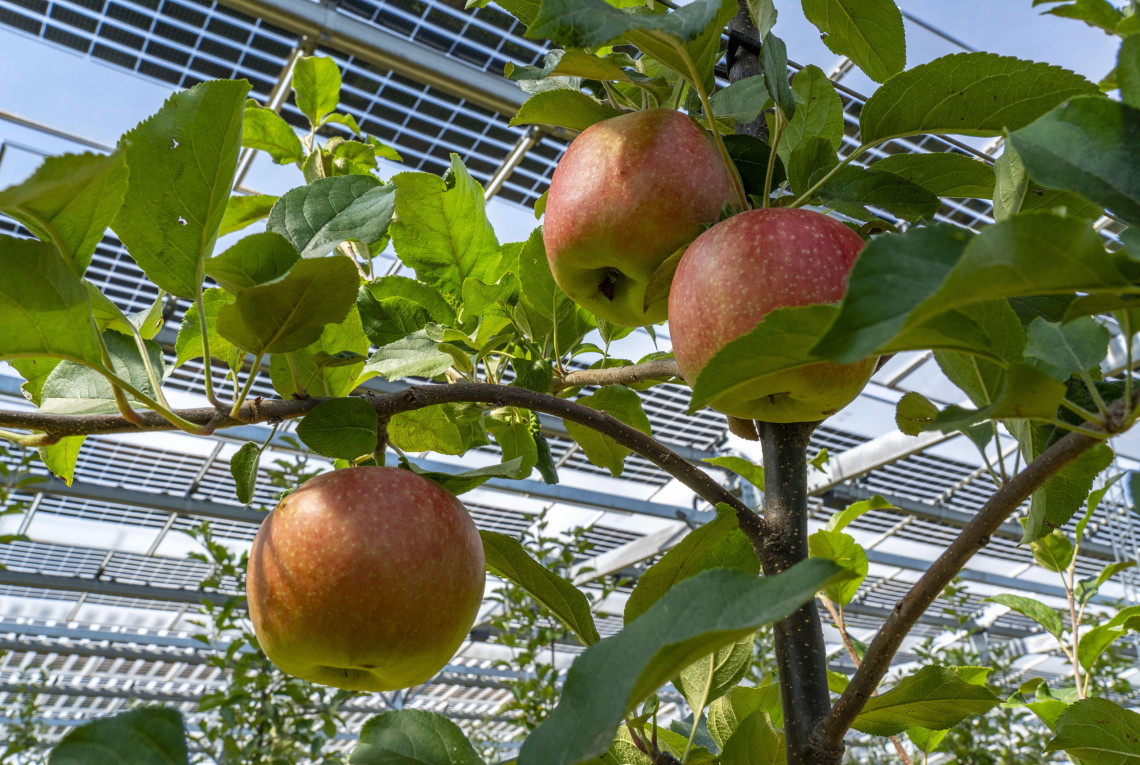
Agrivoltaics: clean power from the farm
When fruits and vegetables grow under solar modules, we call it agrivoltaics. Could the combination of agriculture and energy production help make Germany carbon-neutral? A visit to some test fields.

How CO2 can be removed from the air
To achieve the goals of the Paris Agreement and limit global warming to 1.5 to 2 degrees Celsius, it will not be enough to emit less carbon (CO2). In addition, CO2 must also be removed from the atmosphere. What processes are available?




